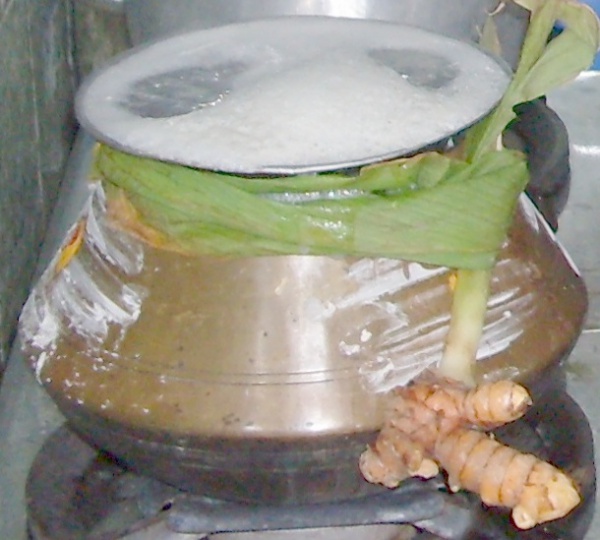Facts About Thai Pongal
Pongal is a vibrant Tamil harvest festival celebrated with great enthusiasm in South India, especially within the Tamil community. It marks the beginning of the Tamil solar month of Tai, typically falling around January 14th. This festival is dedicated to Surya, the sun god, and is closely linked with Makar Sankranti, another harvest festival celebrated across India. Pongal spans four main days: Bhogi Pongal, Surya Pongal, Maattu Pongal, and Kaanum Pongal.
The festival derives its name from the traditional dish "Pongal" made by boiling rice in milk with jaggery. This sweet dish is offered to deities, cows, and shared among family members. The celebrations involve decorating cows, ritual baths, processions, and social gatherings. Pongal is a major festival in Tamil Nadu, Puducherry, Sri Lanka, and among the Tamil diaspora worldwide.
The history of the Pongal dish dates back to the Chola period, with inscriptions and texts highlighting its importance. Preparing this dish is a central practice during the festival, symbolizing abundance and prosperity. Rituals, prayers, and social gatherings are integral parts of the celebration, helping to renew social bonds.
Pongal festivities last three to four days in Tamil Nadu, each day marked by unique customs and rituals. Bhogi Pongal involves discarding old items and celebrating new possessions. Surya Pongal is dedicated to the sun god, and the traditional Pongal dish is prepared. Maattu Pongal honors cattle, acknowledging them as sources of wealth, and includes their worship and decoration. Kaanum Pongal marks the end of the festivities.
In Kerala, the festival is known as Pongala and includes similar rituals. The largest gathering of Tamil women for Pongala takes place at the Attukal Bhagavathy Temple near Thiruvananthapuram, attracting millions of participants.
Modern Pongal celebrations feature social events, cultural performances, and community gatherings. In regions like Karnataka, similar traditions are observed under different names. Pongal coincides with other regional harvest festivals in India, Nepal, and Bangladesh.
The festival is also celebrated outside India, with efforts to recognize January 14th as Pongal Day in certain regions. Pongal holds cultural significance, serving as a time for community bonding, gratitude, and the celebration of agricultural abundance.

 India
India